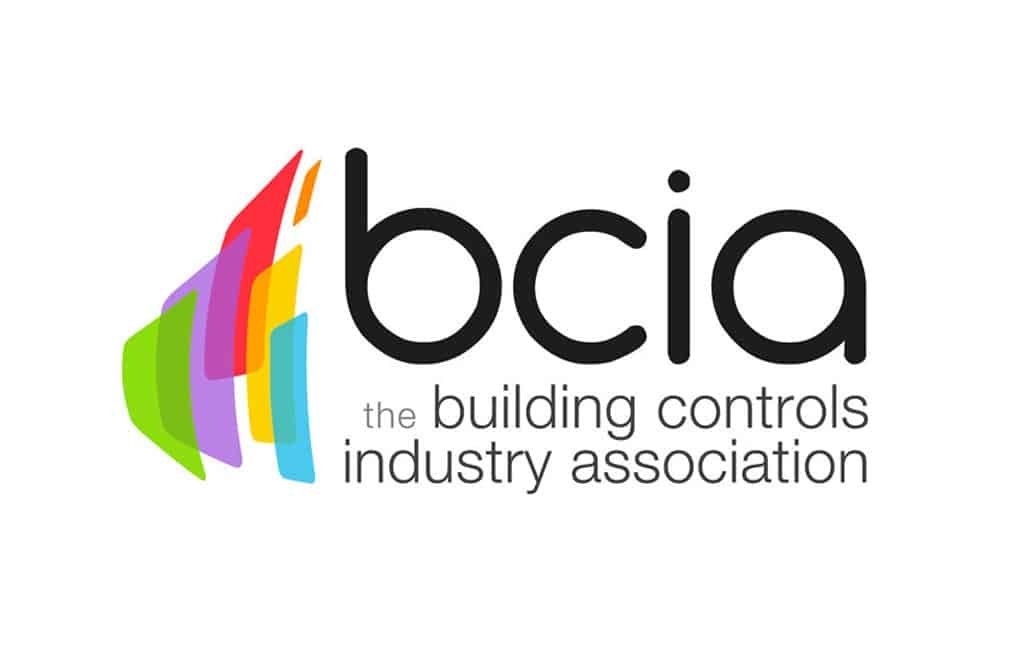President’s Blog - The time to ensure a brighter and greener future is now
With the UK seeing a surge in business owners prioritising sustainability and adopting new technologies, the building energy management systems (BEMS) sector is ideally positioned to take advantage. However, while businesses across the UK are increasingly investing in sustainability initiatives and technologies, there is still a lack of understanding and awareness of the pivotal role building automation can play in reducing carbon footprints and enhancing energy efficiency in commercial buildings.
While the increased adoption of new technology is encouraging for the built environment as a whole, the need for better education on the sustainability benefits of building automation is reflected in reports that commercial buildings in the UK account for around 40% of the total carbon emissions.
Therefore, Net Zero Week, running between Saturday 5th July and Friday 11th July, is the perfect reminder of the need for the building controls industry to increase awareness of the important role BEMS can play in decarbonising the built environment and help the UK reach net zero by 2050.
Information needs to be simplified
Thankfully, in this technologically-advanced age there is now a multitude of useful documentation and information available to help increase awareness of the importance of taking advantage of technology, such as BEMS.
However, despite its accessibility, this information isn’t always the easiest for people outside of the sector to understand. So, it’s important to utilise infographics or animations to explain the benefits of building automation in a concise and clear manner.
Additionally, the development of training programmes to help building owners or facility managers understand the capabilities of BEMS and how to most effectively use them to monitor and manage energy performance could play a crucial role in demystifying building automation.
Tangible benefits must be showcased
The sector also needs to do more to illustrate and emphasise the energy efficiency and wellbeing benefits of utilising BEMS, such as the improved air quality and reduced carbon emissions. Highlighting the importance of building automation through online platforms, industry events, and case studies can go a long way towards increasing awareness and understanding for those both inside and outside the sector.
With many business owners under the misconception that implementing building automation is a costly endeavour, providing analysis and data that demonstrates the cost savings, operational efficiency improvements, and return on investment opportunities of BEMS will help address any concerns.
Additionally, the sector should consider the encouragement of collaboration and knowledge sharing between building owners, facility managers, and those in the building automation sector to enable the sharing of best practices and the targeted promotion of BEMS adoption.
The sector must support regulation and policy development
Of course, highlighting the role of BEMS in attaining sustainability targets and ensuring compliance is crucial. However, this impact will be entirely influenced by how well the sector works alongside policy makers and the government to shape the future.
As the only association in the UK specifically for the building controls and automation sector, the BCIA engages with ministers and other key stakeholders, such as the Climate Change Committee, to set out a case for greater policy support.
Additionally, it is essential that industry leaders and business owners also help to raise awareness of the importance of building controls among policy makers by developing relationships with local MPs, who may never have heard of BEMS and how they can be used to improve energy consumption. Ultimately, this could help those in the sector to generate greater understanding of building controls and increase adoption of this highly effective technology.
While the need for reduced energy consumption is rapidly aligning with the increasing demand from building owners and facility managers for sustainable practices, there are many who still don’t fully understand the crucial role building automation can play in decarbonising UK building stock. Now is the ideal time to change that.
